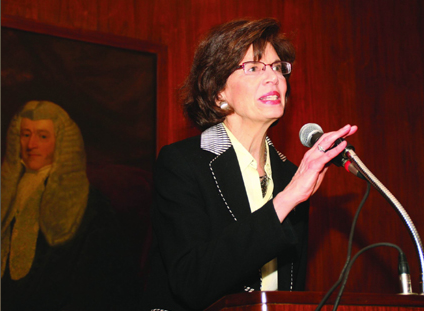Brooklyn prepares for Federal Government shutdown

The United States government began the process of a partial shutdown Tuesday as the contentions and lengthy dispute over the Patient Protection and Affordable Care Act—President Barack Obama’s signature health care reform law—reached a tipping point. Approximately 800,000 federal employees have been told not to report to work and a number of others are scheduled to be furloughed if the shutdown persists.
New York federal court officials have put in place a series of contingency plans in the event of the anticipated shutdown—the first government shutdown since a budget battle between Republicans in Congress and Democratic President Bill Clinton in the winter of 1995-1996.
On Sept. 26, five days before the shutdown was announced, the Administrative Office for the U.S. Courts released a statement saying that “[i]n the event of a government shutdown on Oct. 1, 2013, the federal Judiciary will remain open for business for approximately 10 business days.”